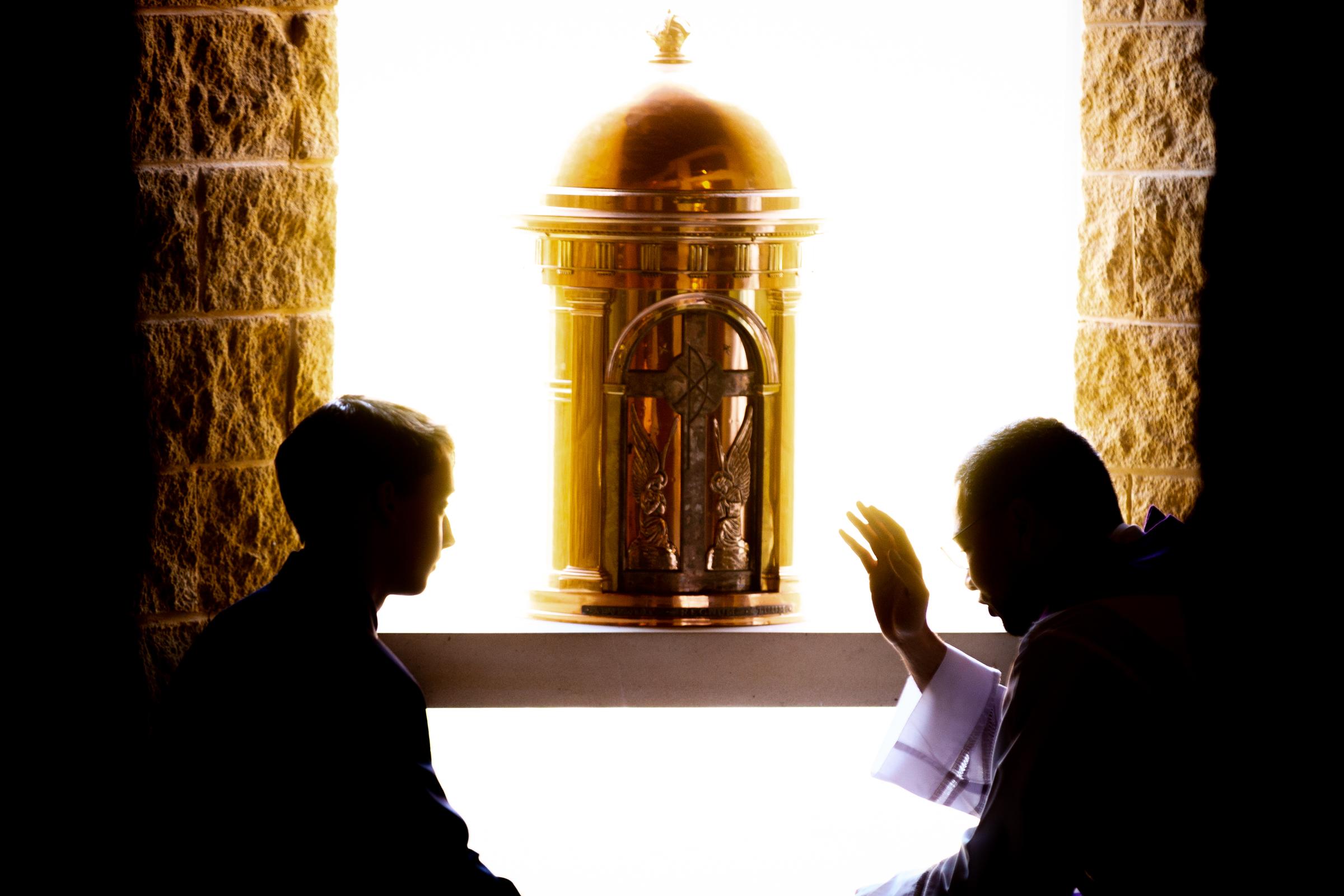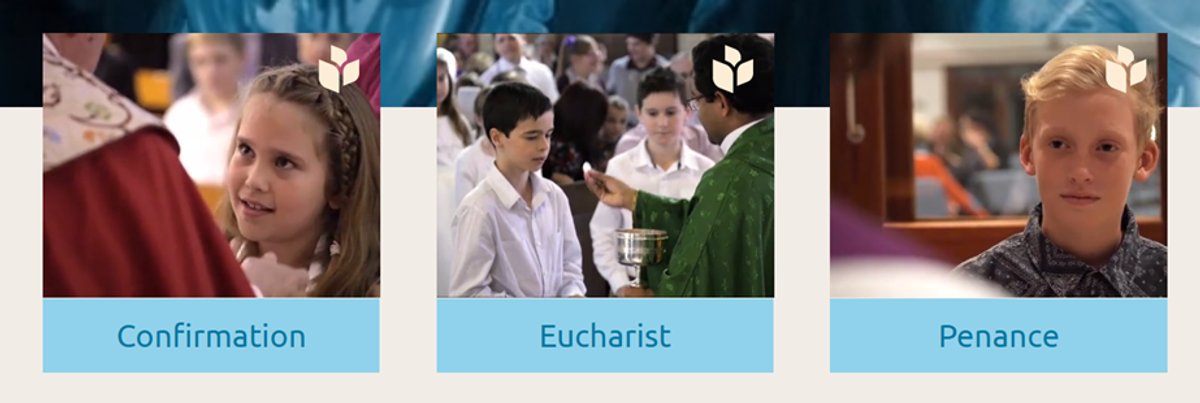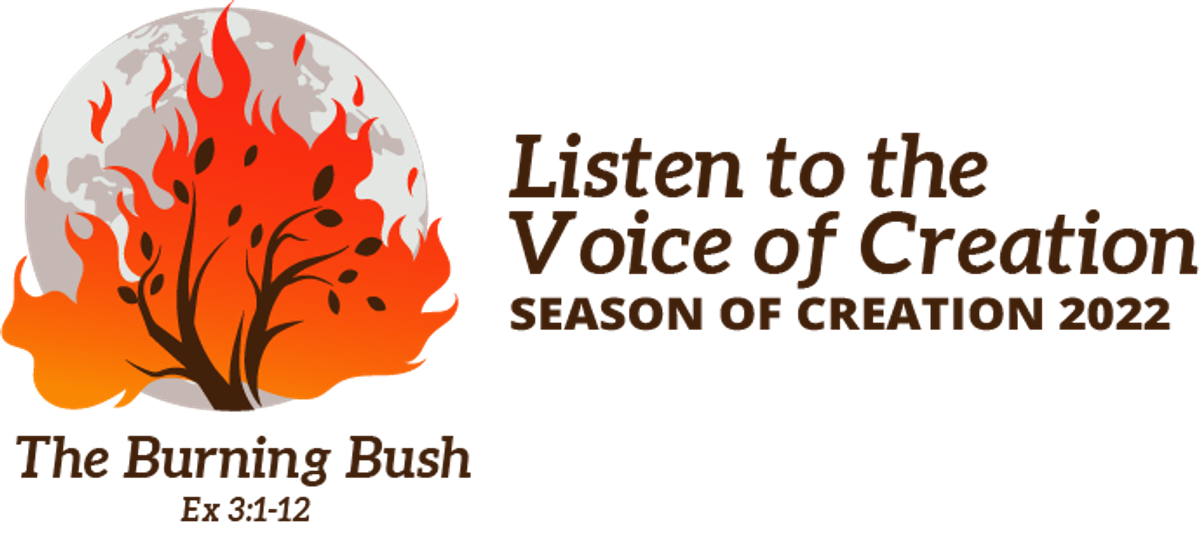Liturgy

Community Mass
September is the Season of Creation and Community Mass next Friday, 9 September, will be prepared by students in Sustainability Club. Mass finishes around 8:30am, in time for Homeroom, but for those able to stay a bit longer, there is coffee and conversation in the Circle of Friends Café. All are welcome!
Community Mass details
- College Chapel
- Fridays in term time
- Starts: 8:00am and concludes 8:30am
SACRAMENT PROGRAM
‘Family-focused, parish-based, Catholic school supported’
Enrolment details for parishes of City Beach, Doubleview, Subiaco and Cottesloe/Mosman Park, may be found here.
Cottesloe/Mosman Park Parish advises that the Sacrament of Confirmation will be celebrated Sunday 6 November.
Doubleview Parish advises that First Holy Communion will be celebrated on Saturday 17 September and Reconciliation will be celebrated in the last week of October.
If you would like further information contact:
- If your nearest parish is not listed, search the Archdiocesan website;
- Contact Mary-Anne Lumley mary-anne.lumley@cewa.edu.au 08 9383 0513.
Season of Creation
Reflection by Andrew Hamilton
The Season of Creation is a month that brings together people from different Churches to attend to the Environment. It invites us to listen to the cry of the environment and to reflect on what we must do as individuals, as citizens, workplaces, nations and as world to address the urgent threat of global warming.
To listen to the cry of creation is not like shutting out all other sounds in order to hear a single bird’s cry in a forest. The environment is around us, within us, above us, beneath us and beyond us. Its voice is the voice of the universe. When we listen to the cry of one part of the environment to which we have responsibility we are led also to attend to all the relationships that compose our environment and to the way in which they interact with one another to form the world in which we live. Care for the environment will embrace all our relationships, ranging from those with the air we breathe, the food we eat, the things we buy, the way we travel, dress, speak, listen and work, to our relationships with ourselves, with family, friends, hospitals, people who are homeless and excluded, schools, workplaces, banks, politics and with our world. Care for the environment is not one single aspect of our lives. It embraces all aspects of our lives.
This vision of a world is which all is connected has been the distinctive gift of Pope Francis. In his encyclical Laudato Si’ he insisted that action to protect the environment and to address climate change is as much an issue of justice as are actions to provide shelter and food for the poor. The effects of neglecting and exploiting the environment fall heaviest on the poor. They also threaten the future of the planet and betray the trust by which we hold our world for our children and grandchildren. At Jesuit Social Services we have been increasingly aware of this need for an integral social justice that includes the environment in our work with people who suffer disadvantage. Both their environment and their life’s chances are often damaged by governmental neglect.
Pope Francis offers a vision of an interrelated world in which what we do well or badly in one of our relationships will affect all our other relationships. Our environment is not part of the world; it is our whole and only world. If we exploit and pollute the natural world, we shall also foul and put at risk our entire human world.
This vision is challenging but it is also reassuring. Many of us find it difficult to make the care for the environment a personal priority because there seems to be such a large gap between anything we can do and the large realities of the environment – global warming, desertification, rising sea levels, the tension between the need for energy and the threat to the environment posed by fossil fuels, and so on. But when we see the world as a network of relationships in which everything is interconnected, we can work at seeking harmony between all the relationships that shape our own lives.
From this perspective our commitment to listen to creation begins with the small details of our daily life. We attend to the power we use, the ways we pray and to the packaging we accept. We also consider composting our food scraps for the growing of herbs, and reflect on the ways we travel. This attention to small details is not an attempt to look good but an expression of respect. Like the disciplines of fasting and of prayer that have traditionally undergirded a life lived for God, they form the matrix of a life that takes the environment seriously. As we pay attention to small things, we can recognise more clearly the character of our culture with its generous and reckless elements, its extravagance, and its modesty, its destructive and its healing elements.
Personal attention to our domestic life opens out into the larger relationships to people and to groups that are part of our lives. We begin to see the links between the neglect of the environment and the neglect of Indigenous Australians, people who seek protection and people who are disadvantaged. We begin to long for integral justice.
© Andrew Hamilton
This week’s reflection, for the Season of Creation, is from Father Andrew Hamilton SJ. Father Andy is a Jesuit, a theologian, a writer and, among his many other roles, the Media Officer for Jesuit Social Services.



